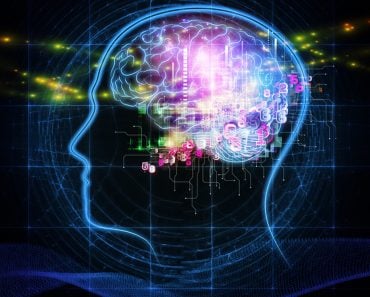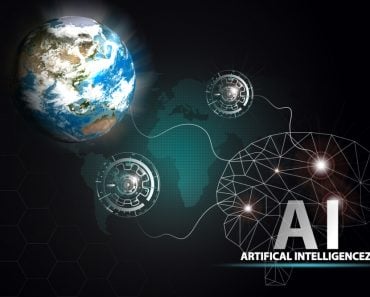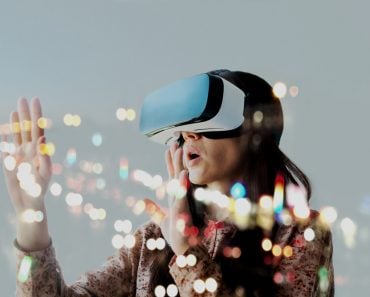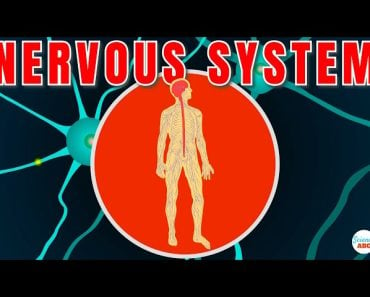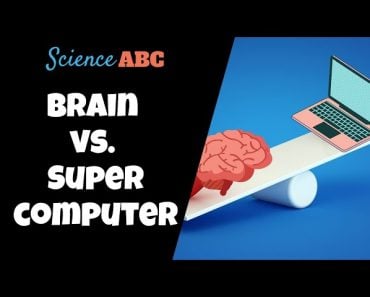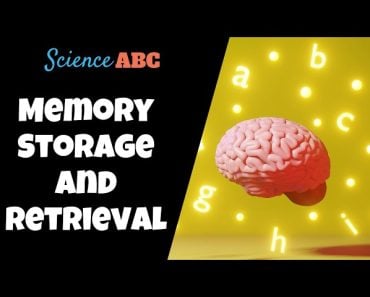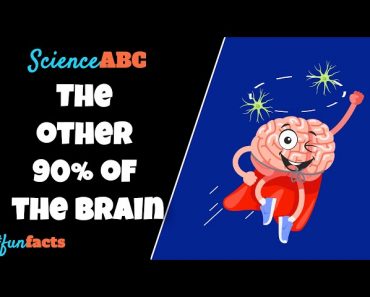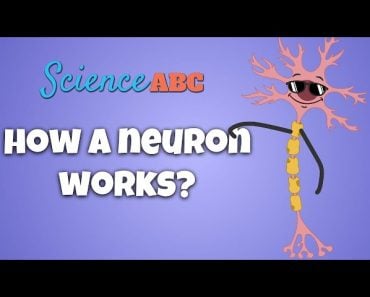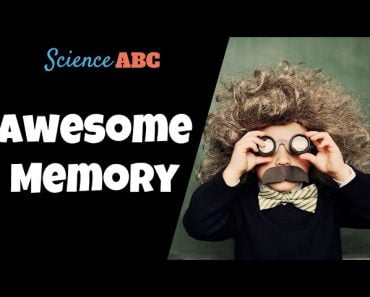Discover how cutting-edge research is transforming education, from classrooms to online platforms. You’ll explore the latest breakthroughs in cognitive science, neurobiology and educational technology that are reshaping how we learn and teach. Find out why traditional methods are being challenged and what the future of education might look like.
In an era where information is at our fingertips, the way we learn and teach is undergoing a radical transformation. Gone are the days when rote memorization and passive lectures were the norm.
Today, educators and researchers are harnessing the power of science to create more effective, engaging and personalized learning experiences. Let’s dive into the fascinating world where neuroscience meets pedagogy, and technology becomes a powerful ally in the quest for knowledge.
Recommended Video for you:
Rewiring Our Brains For Knowledge
Our brains are incredibly plastic, constantly forming new neural connections as we learn. Recent studies in neurobiology have shed light on how different learning strategies can literally reshape our brain structure.
For instance, active recall – the process of retrieving information from memory – has been shown to strengthen neural pathways more effectively than passive review. This insight has led to the development of spaced repetition systems, which optimize the timing of review sessions to maximize long-term retention.
Interestingly, the field of social work education has been quick to adopt these findings. Many programs, including the accelerated BSN programs, now incorporate active learning techniques to enhance student engagement and retention. By applying neuroscientific principles, these programs are preparing future social workers to tackle complex societal issues with a solid foundation of knowledge and skills.
Cognitive Load Theory: Balancing Challenge And Support
One of the most influential concepts in modern educational psychology is Cognitive Load Theory (CLT). Developed by John Sweller in the 1980s, CLT posits that our working memory has limited capacity, and effective learning occurs when we optimize the use of this cognitive resource. This theory has profound implications for instructional design, particularly in online learning environments.
Educators are now crafting lessons that carefully manage cognitive load, breaking complex topics into manageable chunks and providing scaffolding to support learners as they tackle challenging material. This approach is particularly beneficial in fields like social work, where students must grapple with multifaceted social issues and interventions.
The Rise Of Adaptive Learning Technologies
Artificial Intelligence And Machine Learning: Your Personal Tutor
Imagine a learning system that adapts in real-time to your strengths, weaknesses and learning style. This is the promise of adaptive learning technologies, powered by artificial intelligence and machine learning algorithms. These systems analyze vast amounts of data on student performance and behavior to create personalized learning paths.
For example, some online courses now use AI-driven chatbots that can answer student questions, provide additional resources and even offer emotional support. This technology is particularly valuable in distance learning programs, where students may not have immediate access to instructors or peers.
Virtual And Augmented Reality: Immersive Learning Experiences
The boundaries between the physical and digital worlds are blurring, and education is at the forefront of this revolution. Virtual and augmented reality technologies are creating immersive learning experiences that were once the stuff of science fiction. Medical students can now practice complex surgeries in virtual operating rooms, while history students can walk through ancient civilizations as if they were really there.
In social work education, VR simulations allow students to practice difficult client interactions in a safe, controlled environment. This hands-on experience helps bridge the gap between theory and practice, preparing students for the challenges they’ll face in the field.
The Social Dimension Of Learning: Collaboration In The Digital Age
From Isolation To Connection: Building Online Learning Communities
While online learning offers unprecedented flexibility and accessibility, it can sometimes feel isolating. However, innovative educators are leveraging technology to create vibrant online learning communities. Discussion forums, video conferencing and collaborative projects are bringing students together across geographical boundaries.
These virtual communities not only enhance the learning experience but also prepare students for the increasingly digital and globalized workforce. In fields like social work, where cultural competence and communication skills are crucial, these online interactions provide valuable opportunities for growth and understanding.
The Future Of Assessment: Beyond Traditional Testing
Rethinking Evaluation In The Age Of Big Data
As our understanding of learning evolves, so too must our methods of assessment. Traditional exams and standardized tests are giving way to more nuanced, continuous forms of evaluation. Learning analytics – the measurement, collection, analysis and reporting of data about learners and their contexts – is revolutionizing how we assess student progress and tailor instruction.
These advanced analytics tools can track not just test scores, but also engagement levels, learning patterns and even emotional states. This wealth of data allows educators to intervene early when students struggle and to provide more personalized support.
As we look to the future, it’s clear that education is becoming more adaptive, immersive and data-driven. The integration of neuroscience, technology and pedagogical innovation is creating learning experiences that are more effective and engaging than ever before.
While challenges remain, particularly in ensuring equitable access to these advancements, the potential for transforming education and empowering learners is truly exciting. The science of learning is not just changing how we teach – it’s redefining what it means to learn in the digital age.




